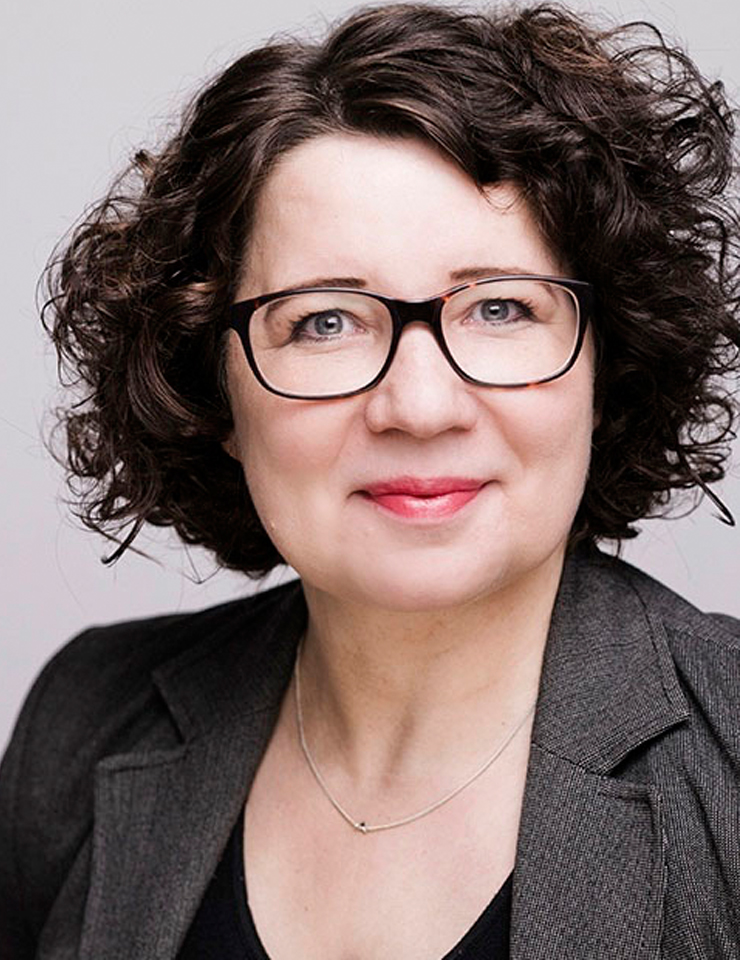Family caregivers in the EU provide the most part of all care. Both elderly and working-age family caregivers bear the physical, psychological and emotional burden of taking care of their ill beloved ones at home. If informal caregivers are themselves old, they might find themselves in even worse situations due to the fact that some tasks might not be easily done due to their own healthcare problems or reduced physical autonomy. In consequence of demographic change, it is foreseeable that the proportion of the family caregivers will even increase.
The European project TOPIC aims to support elderly, informal caregivers in their daily needs. By means of empirical qualitative social research and following the user-centered design and Siegen-PRAXLABS-approach, a profound understanding of everyday life and care in real households was obtained. Thereby, the particular requirements of the caring persons were identified and integrated into innovative technology.
On this basis, a CarePortfolio prototype, a computer-assisted information and communication platform, was developed to help informal caregivers in their everyday activities within their home. The platform is an integrated set of shared spaces and services to support the physical and mental care ability of informal caregivers by enabling learning and orientation about diseases like dementia or Alzheimer’s disease and the related care practices, by offering a platform for cooperation with formal caregivers, by improving, integrating, and making (mobile) multimodal communication easier and accessible for informal caregivers to connect with other people in similar situations, but also professionals, friends and family members.
TOPIC is a project in research area “ICT for Inclusive Aging” at University Siegen that explores ubiquitous technologies for the aging society: www.inclusive-aging.de.

